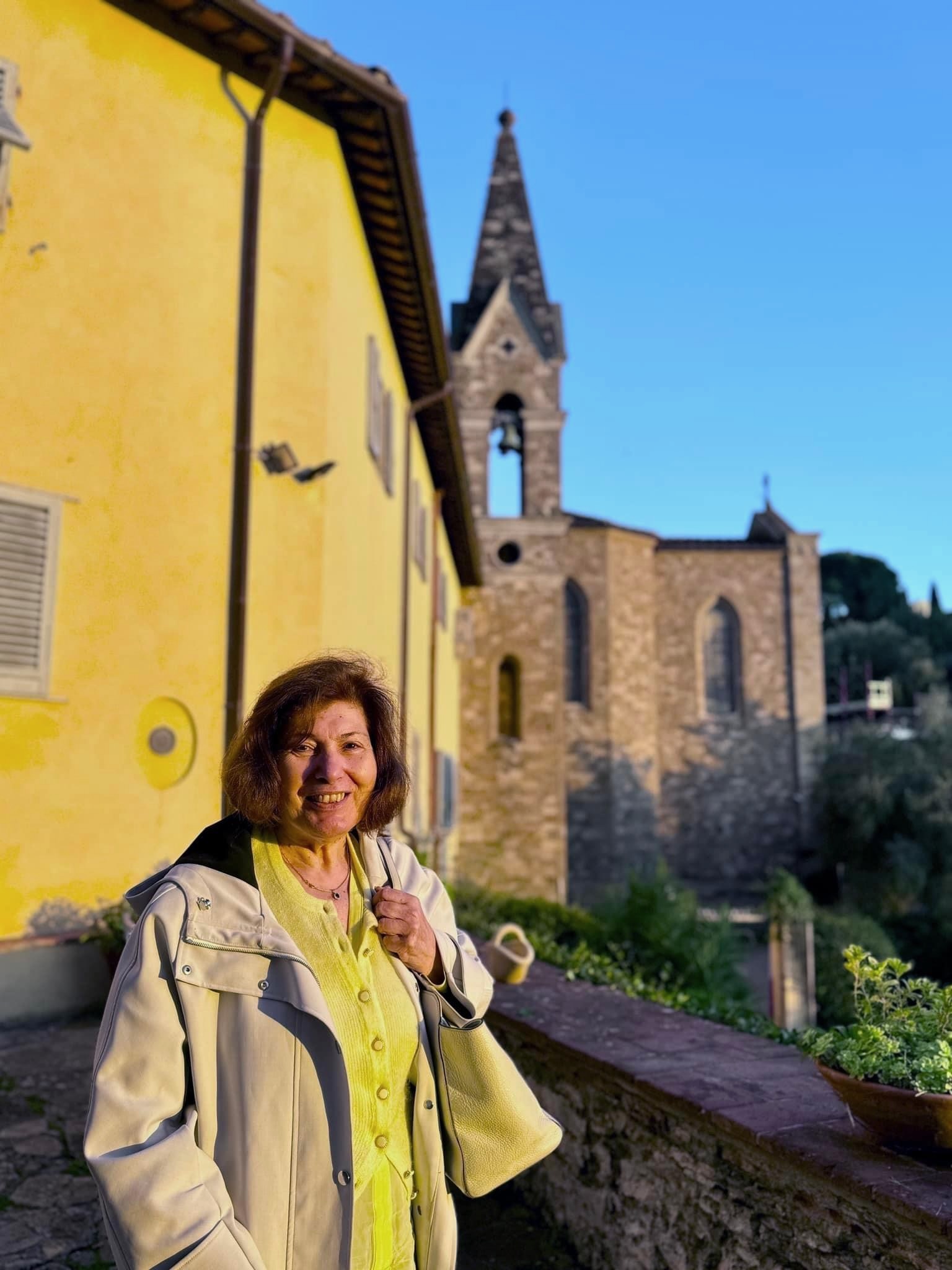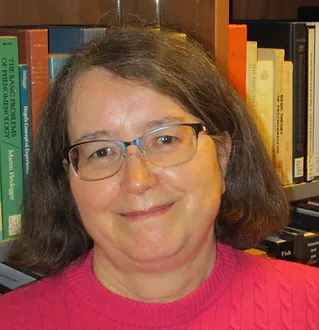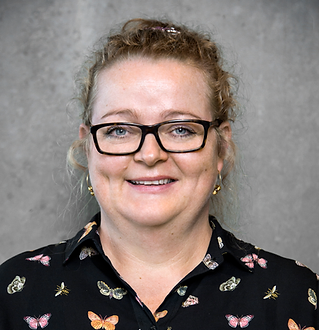
COLLABORARE COI PUBBLICI PARTECIPATIVI
Introduce e coordina
ANNA MARIA TAMMARO
RAPHAELLE BATS, Co-head of the URFIST Bordeaux (Unité Régionale de Formation à l’Information Scientifique et Technique)
La partecipazione alle biblioteche, una questione sociale, istituzionale e politica
For several years, libraries have been experimenting with participatory practices with their public: collaborative acquisitions, crowdsourcing of heritage collections, co-creation of spaces, etc. While these practices are developing, they nevertheless raise a central question: do they enable libraries to accomplish their mission or do they detract from it? We have observed several libraries that are active in the field of participation to understand what is at stake in the implementation of these practices. We were able to identify four situations in which librarians find ways to achieve their mission through participation. In this way, the library succeeds in fulfilling its role and in turn participates in the realization of a more inclusive, more caring, more democratic and finally sustainable society.
Intervengono:
SIMONA VILLA e RICCARDO DEMICELIS, CSBNO
L’intervento vuole offrire spunti pratici in tema di pubblici e loro partecipazione, basandoci sull’esperienza maturata all’interno della rete Csbno negli ultimi dieci anni. Si tratta di un percorso sviluppatosi attraverso alcuni passaggi per noi particolarmente significativi, come, ad esempio, i focus group che nel 2014 prepararono il lancio della campagna di fundraising +TECA oppure le circa quarantamila telefonate a persone costrette a casa durante il lockdown del 2020, da cui sono scaturiti diversi progetti e iniziative per il post-Covid. Tra le pietre miliari si distingue sicuramente, dal 2016, l’adozione del design thinking come metodologia progettuale incentrata sul coinvolgimento persone e quale approccio relazionale basato sull’empatia.
ANNE WITTRICK, Loyola University Chicago Libraries, John Felice Rome Center
Il pubblico partecipativo nella biblioteca del John Felice Rome Center di Loyola University Chicago / Participation of users at the John Felice Rome Center, Loyola University Chicago
La conoscenza del contesto in cui opera la biblioteca, delle caratteristiche del pubblico e come potrebbe essere coinvolto sono elementi cruciali per coinvolgere gli utenti nelle attività organizzate dalla biblioteca. Durante e al termine dei progetti svolti, è indispensabile monitorare e valutare il successo dell’implementazione del progetto stesso per effettuare le eventuali e dovute modifiche per le attività future.
To encourage public participation, it is essential to have a clear understanding of the library context, the characteristics of users, and how they might be involved in library activities. During and following projects, the success of the implementation needs to be monitored and evaluated in order to make the adjustments necessary for improved future projects.
ELENA CORRADINI, Biblioteca di Ala
JETTE HOLMGAARD GREIBE, Aarhus Library
Student involvement in Aarhus Libraries
At Aarhus Municipality’s libraries, we work with different degrees of user involvement. Right from how our libraries best can meet the unique needs of the various users, to inclusion processes where children come to the library to learn about inclusion processes.
Masters Thesis: A lonely Monster comes out of his place under the bridge and talks to both children and adults? – A reception aesthetic analysis
The Literature Magazine Standard: Lou on a sour day – a classic picture book with interactive elements – analysis
Reviewer at the Libraries online site: https://litteratursiden.dk/users/jette-holmgaard-greibe
Reviewer at Bogmarkedet.dk, a Trade Journal for the Danish Book Industry: https://bogmarkedet.dk/anmeldelser/anmeldelse-alcatraz-1441-flugten-af-kim-langer/
SILVIA BRUNI, Università di Firenze, Biblioteca di Scienze Sociali
Quali strategie mettere in campo per coinvolgere gli studenti universitari nella vita culturale delle città, valorizzandone le competenze? Il Progetto Recharge, nato da una collaborazione tra la Biblioteca di scienze sociali e il Dipartimento di scienze politiche e sociali dell’Università di Firenze, si interroga su questo. Oltre alle biblioteche universitarie sono coinvolte biblioteche comunali e istituzioni museali. Per fare questo è necessario mettere in discussione profondamente il ruolo di biblioteche e musei che da fornitori di servizi devono trasformarsi in leve di comunità.
Discussione e Conclusioni
Laboratorio pratico: il 31 marzo dalle 16 alle 18 si terrà un laboratorio pratico su questi temi in sala Solari.
-

Anna Maria Tammaro
Editor in Chief Digital Library Perspectives
-

Simona Villa
Studio 2di2
-

Anne Rosemary Wittrick
Librarian / Bibliotecaria - Loyola University Chicago Libraries, John Felice Rome Center
-

Jette Holmgaard Greibe
Librarian - Master's in children's literature and media
-

Silvia Bruni
Università di Firenze. Biblioteca di scienze sociali
-
Raphaëlle Bats
Co-head Urfist of Bordeaux, University of Bordeaux